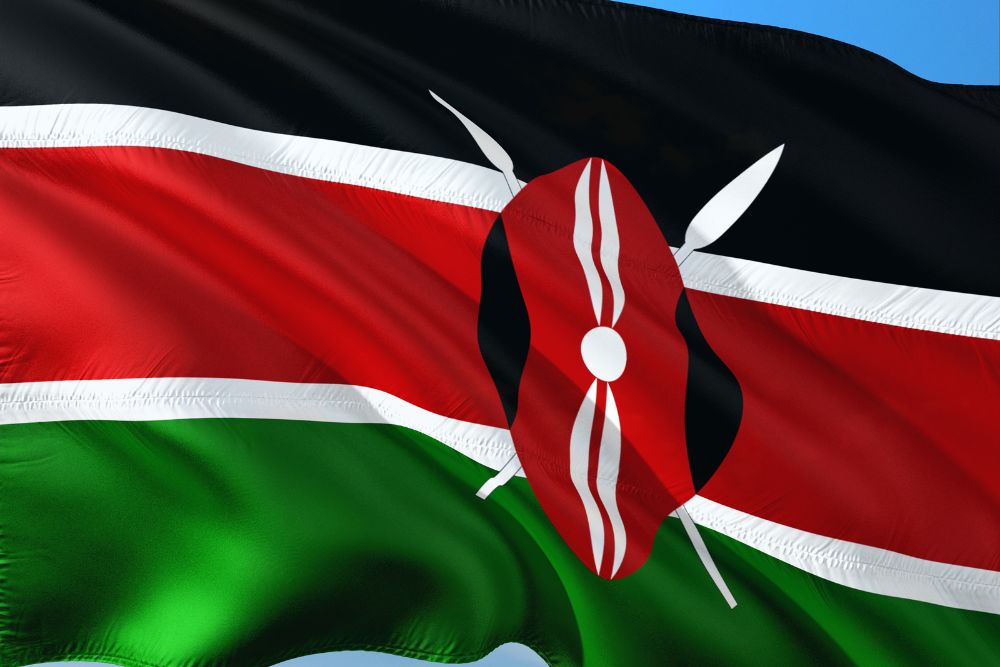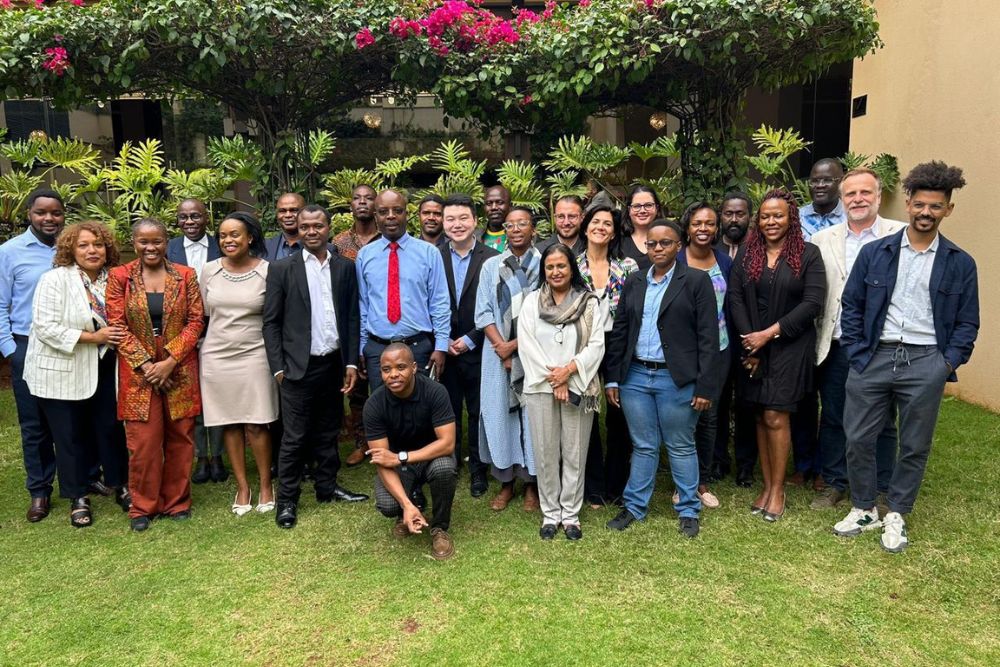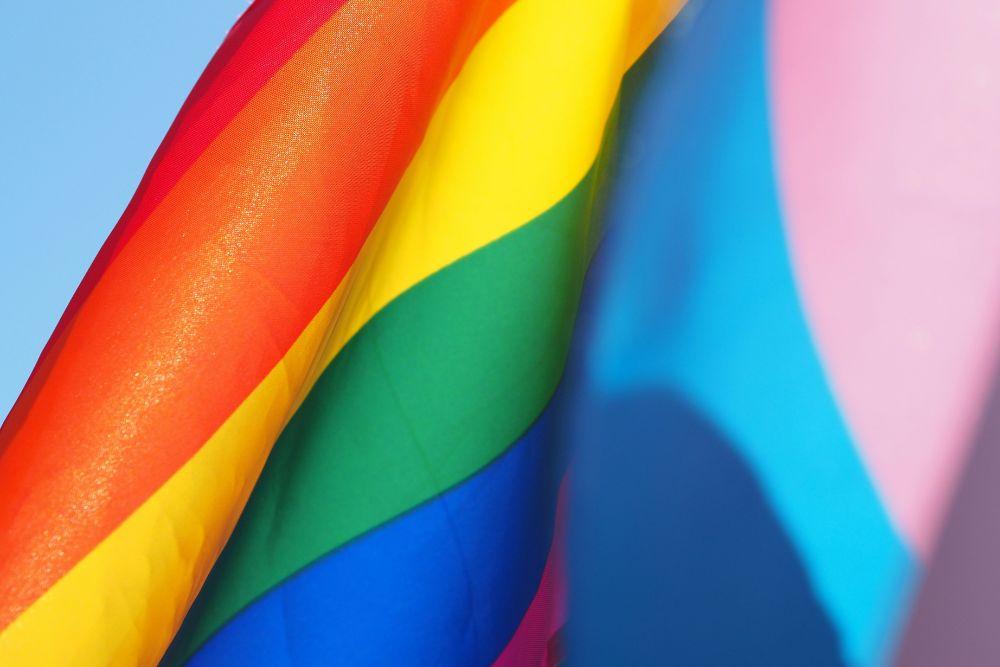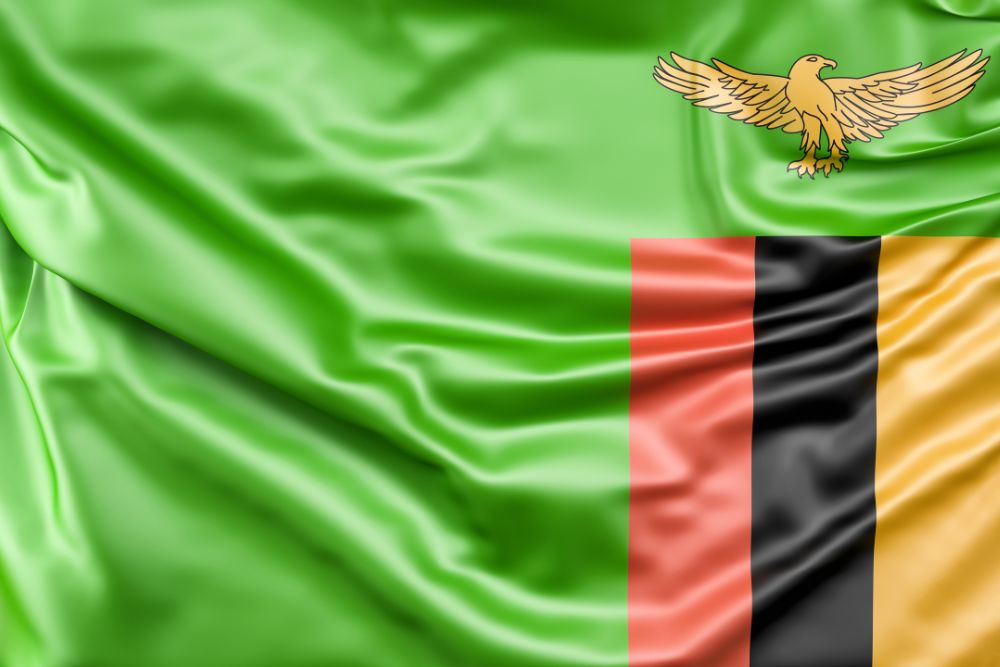
Jun 26, 2024 | Advocacy, News
The ICJ recalls that, under international law, security forces must respect the principles of necessity and proportionality and that the use of lethal force is only permissible when strictly necessary to protect life.

Jun 12, 2024 | Events, News
On 5 and 6 June 2024, the International Commission of Jurists (ICJ) and its partners – the Institute of Commonwealth Studies and the Commonwealth Secretariat – held an Africa regional consultation on a human rights-based approach to criminal law with stakeholders in Nairobi, Kenya.

May 14, 2024 | Advocacy, Legal submissions
The International Commission of Jurists, the Organisation Intersex International Europe and the European Region of the International Lesbian, Gay, Bisexual, Trans and Intersex Association jointly file a third-party intervention before the Grand Chamber of the European Court of Human Rights in a case concerning the South African athlete Caster Semenya.

Apr 9, 2024 | News, Statements
The International Commission of Jurists (ICJ) is gravely concerned about the disastrous impact on human rights of the Ugandan Constitutional Court’s refusal to strike down the “Anti-Homosexuality Act, 2023” (AHA).

Apr 5, 2024 | Advocacy, News, Statements
A range of Zambian organizations of persons with disabilities (OPDs) and other civil society organizations (CSOs) – who early in March this year made submissions to the UN Committee on the Rights of Persons with Disabilities (the Committee) ahead of its examination of Zambia’s compliance with and implementation of the UN Convention on the Rights of Persons with Disabilities (CRPD) – have welcomed the Committee’s concluding observations and called on the Zambian authorities to take expeditious steps to ensure their implementation.









